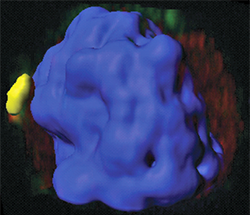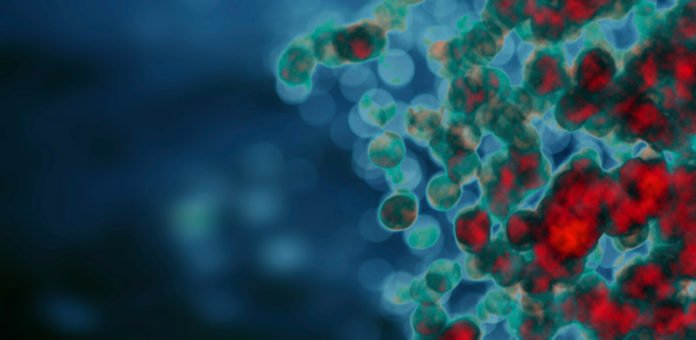Researchers found how a quality transformation influences T cell capacity to advance safe issue and afterwards tried a treatment in light of the disclosure effectively settling gave insusceptible cells from a 16-year-old kid with a strangely low level of white platelets called lymphopenia.
The revelation focuses on the change of the quality Gimap5, which is essential to the solid arrangement and capacity of CD4+ T cells, one of the insusceptible framework’s super officers against contamination and ailment.
The protein related to the Gimap5 quality (additionally Gimap5), is critical on the grounds that it controls a protein that inactivates a compound called GSK3, analysts said. On the off chance that GSK3 isn’t inactivated it causes DNA harm in T cells that are growing, making the cells not survive or work accurately. In mice and human platelets, the scientists tried medications that repress GSK3, enhancing safe framework work in mice and reestablishing typical T cell work in the human cells.
GSK3 inhibitors as of now are utilized to treat different infections like Alzheimer’s, state of mind issue and diabetes mellitus.

Cincinnati Children’s researchers report their findings Jan. 30 in Nature Communications.
Kasper Hoebe, PhD, Division of Immunobiology said, “Our data suggest GSK3 inhibitors will improve T cell survival and function and may prevent or correct immune-related disorders in people with Gimap5 loss-of-function mutations. Therapeutically targeting this pathway may be relevant for treating people with Gimap5 mutations linked to autoimmunity in Type 1 diabetes, systemic lupus erythematosus or asthma.”
Immune system disorders lead to abnormally low immune activity (deficiency) or overactivity (autoimmunity). Immune deficiency diseases decrease the body’s ability to fight infection, while autoimmunity prompts the body to attack its own tissues. Both are common causes of illness, and malfunctioning T cells are linked to both.
Scientists noted, “additional research is needed before the data have clinical relevance for patients. New experiments are underway to translate the findings into the clinic.”
“We believe the use of GSK3 inhibitors to prevent or correct these type of immune-related diseases holds great potential.”
The researchers are examining if and how hereditary variations in Gimap5 influence GSK3 control cause failing T cells in patients with resistant disarrange. They additionally are investigating the restorative capability of GSK3 inhibitors in preclinical mouse models of unfavourably susceptible lung sickness and lupus to check whether they can enhance quiet results.
Hoebe said, “We believe the use of GSK3 inhibitors to prevent or correct these type of immune-related diseases holds great potential.”
The Gimap5 gene controls its associated protein Gimap5 (GTPase of immunity associated protein 5). As the name suggests, its role is mainly linked to immune system function, lymphocyte white blood cell survival and T cell formation in the thymus.
Genetic variants in Gimap5 were already associated with autoimmunity and colitis, but their specific biological mechanisms have remained unclear. Hoebe and colleagues show Gimap5 is essential for inactivating the GSK3 enzyme (known as glycogen synthase kinase-3) when T cells are activated. Otherwise, the activity of GSK3 constrains other molecular processes and prevents T cells from completing their cell cycle to full functionality.
